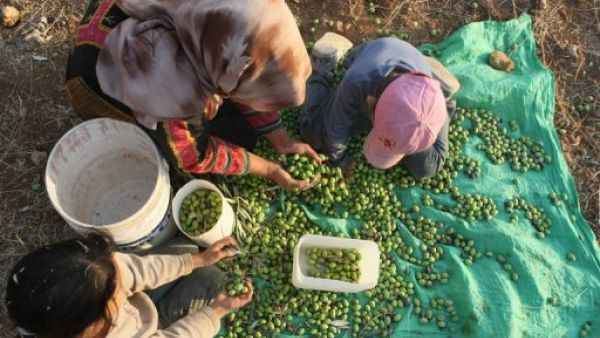Palestinians will have to wait for the introduction of a system of separate labelling of products Israeli settlements.
The contraversy in this issue stems from supermarket products labelled "made in Israel" are most likely produced in illegal Israeli settlements.
The labeling initiative is said to be backed by Britain’s William Hague and Laurent Fabius of France among other chief diplomats across Europe according to AFP, and has been spearheaded by Britain and Denmark to lift ambiguity on the products' origin.
There has been a recent diplomatic flurry towards bringing together Israeli and Palestinian officials to the neogtiation table.
US Secretary of State, John Kerry, waded into the beaucracy of the EU and held talks with the Foreign Policy Chief Catherine Ashton in an attempt to keep the peace talks alive.
“Kerry and other senior US officials asked Ashton and her staff, as well as several major EU states, to put off the full enforcement of the labelling initiative,” Haaretz wrote.
“According to European diplomats, the Americans said enforcing the decision at this time would harm Kerry’s efforts to revive negotiations between Israel and the Palestinians.”
For the fourth time since he took office in February, Kerry will return to the region on Thursday when he visits Amman, among other places.
Israeli settlements in the West Bank and annexed Arab east Jerusalem are illegal according to international law. As a result, items produced there can not benefit from the same preferential trade agreements as Israel enjoys with the EU.
According to World Bank figures, the value of EU imports of Israeli settlement goods are 15 times superior to imports of palestinian products and amount to 230 million euros ($300 million) yearly.








